World
Pope Francis’s Lasting Impact on Palestine and the Middle East
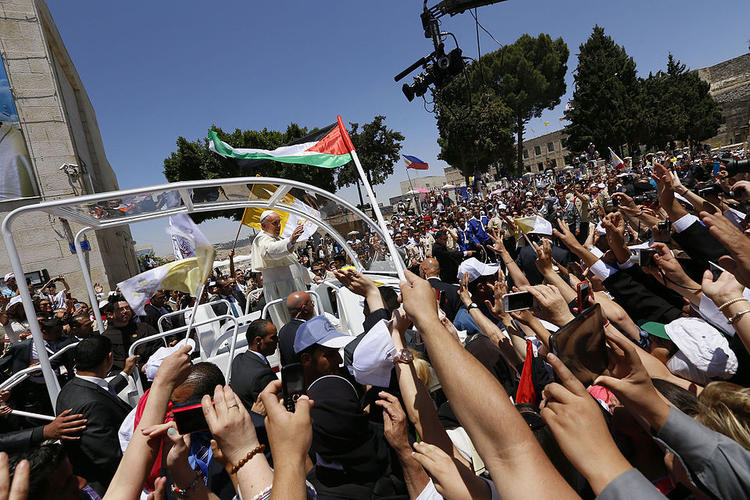
The world mourns the passing of Pope Francis, a powerful spiritual leader whose voice for the poor and oppressed reached far beyond the Vatican. Throughout his papacy, he remained a strong advocate for peace, justice, and unity among different faiths. One of the most important parts of his work was his continuous support for the Palestinian people.
In his final public speech on Easter Sunday, Pope Francis addressed thousands gathered in St. Peter’s Square. Though weak in body, he spoke clearly. He urged the world not to forget the suffering of Palestinians amid the rising violence in Gaza. His words, though brief, echoed around the globe. They were a reminder of his lifelong stance on one of the world’s most painful conflicts.
A Papacy Dedicated to Advocacy
Pope Francis’s work in the Middle East was direct and heartfelt. His support for Palestinians was not just words. It was real and personal. As recently as February 2024, he criticized the heavy bombings in Gaza, calling the attacks unbearable. In a general audience, he pleaded for peace, asking leaders to stop the violence.
His support for a two-state solution, where Israelis and Palestinians could live side-by-side in peace, was clear from the early years of his papacy. During his 2014 visit to the Holy Land, he embraced leaders from both sides. He also made a powerful statement by praying beside the separation wall in Bethlehem. That image became a symbol of his hope for unity and peace.
What made Pope Francis different was his ability to see beyond political sides. While he condemned violence from all groups, he showed special care for Palestinian civilians living under difficult conditions. His empathy stood out among world leaders.
Faith as a Bridge: Inspired by St. Francis
The name Francis was not chosen by accident. The Pope wanted to follow the example of St. Francis of Assisi, known for his love for the poor and his efforts for peace. In 1219, during the Fifth Crusade, St. Francis met with Sultan al-Kamil of Egypt. Instead of fighting, they had a peaceful meeting. This story had a deep impact on Pope Francis’s own views on dialogue and understanding.
In 2019, Pope Francis visited Abu Dhabi. There, he and Grand Imam Ahmed el-Tayeb signed the Document on Human Fraternity. This marked the first papal visit to the Arabian Peninsula. It was a major step in improving Catholic-Muslim relations.
Earlier in 2017, he visited Egypt and spoke at Al-Azhar University. He called on religious leaders to reject violence and use faith as a tool for peace. His efforts showed that religion could unite people instead of dividing them.
Gaza: A Place Close to His Heart
In recent years, the political situation in Gaza worsened. Amid rising violence and growing divisions, Pope Francis remained a steady voice calling for peace. He rejected ideas like the Clash of Civilizations, warning that such thinking only spreads hate.
For Pope Francis, Gaza was not just a news headline. It was a place full of people suffering, and he felt a deep connection to them. He regularly called Christian leaders in Gaza, offering prayers and comfort. These gestures were private and personal, showing his deep compassion.
His belief was simple. Peace is not made with weapons. Peace is made with the outstretched hand. His leadership gave hope when many world leaders stayed silent.
A Global Loss Beyond the Church
With Pope Francis’s death, the world loses more than a spiritual leader. It also loses a powerful voice for moral leadership in world politics. His ability to combine faith and global affairs created a rare example of true humility and courage.
Pope Francis fought against the use of religion for political gain. He always chose dialogue and understanding over conflict. His example now challenges religious and political leaders to continue his mission.
His legacy is not built on monuments but on actions. Listening, helping, and speaking up for the oppressed were his ways of living. His message for Palestine and other conflict zones was clear. Neutrality in times of injustice is a form of complicity.
Today, his teachings are more important than ever. As he once said, a little bit of mercy makes the world less cold and more just. His memory lives on in the streets of Gaza, in the churches of Bethlehem, and in the hearts of those working for peace.
-

 Travel2 days ago
Travel2 days ago‘Trip-Chaining’: The new travel trend saving Brits up to a week of annual leave
-
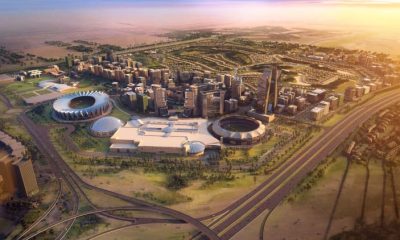
 World2 days ago
World2 days agoDubai Sports City sees AED 4.7 billion in property sales over the last year
-
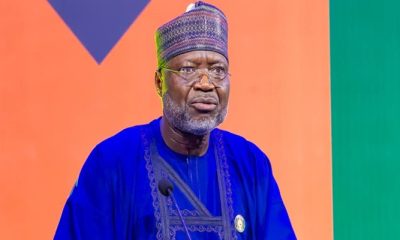
 Business2 days ago
Business2 days agoECOWAS Pushes for Key Reforms to Boost Trade Across West Africa
-

 Tech2 days ago
Tech2 days agoAI use in businesses jumps 3,000 percent as cyber threats grow
-
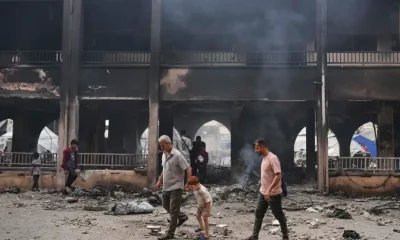
 World2 days ago
World2 days agoIsraeli airstrikes kill 28 in Gaza as conflict continues
-

 Lifestyle2 days ago
Lifestyle2 days agoDon’t let seasickness ruin your spring getaway!
-

 Lifestyle2 days ago
Lifestyle2 days agoRevealed: Study Maps Global Hotspots For Romantic Getaways
-
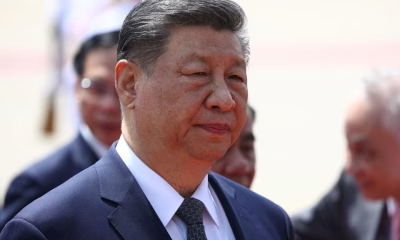
 Politics2 days ago
Politics2 days agoXi Jinping: China’s Climate Change Efforts Will Stay Strong Despite Global Politics






